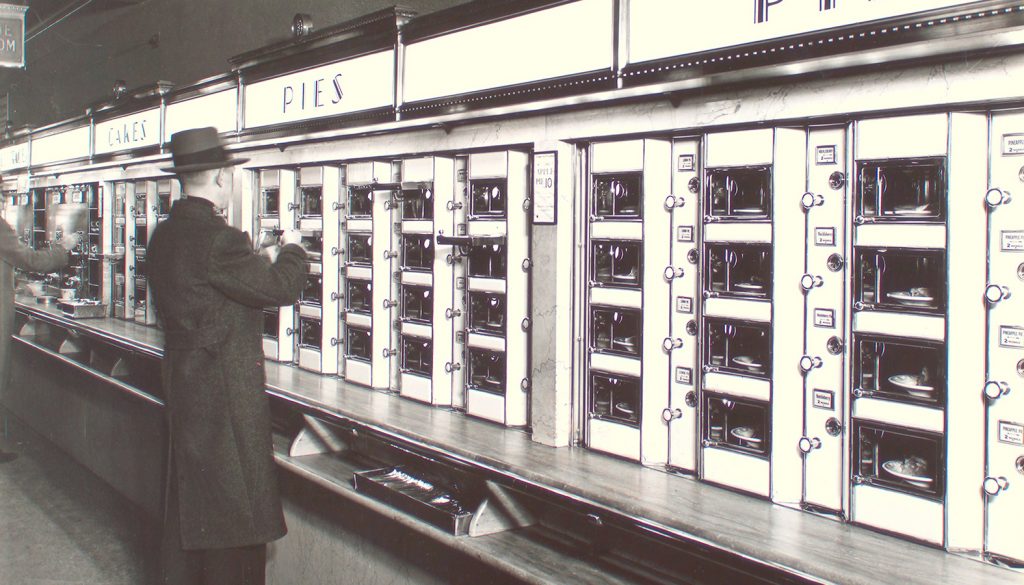Ever since the Fall, when mankind had to make a living and make its own bread, there has been a struggle to find balance between labor and capital. That struggle has produced some awful things — sweatshops, child labor, dangerous work environments among them. It has also provided many benefits around the world, like the continual decline in extreme poverty rates, better living conditions, economic opportunities, and higher standards of living on a global scale.
The Church has a long history of trying to figure out how people should navigate the base realities of existence ever since God expelled them from the Garden of Eden and they knew they had to work for a living.
Popes as diverse as Leo XIII, St. John Paul II, and Francis have wrestled with this problem. None of them have produced the magic pill that reconciles all of the elements in a free and open exchange of goods and services with Christian principles of justice and equity.
No one would ever accuse John D. Rockefeller of being a particular social justice warrior, yet when he began producing massive amounts of oil, people who could never afford the expensive, hard-to-get whale oil to light their homes were suddenly on the same level as Rockefeller’s closest friends, no longer in the dark.
“Automat,” a documentary that was just released on HBO Max, had no intention of lecturing anyone on supply-side economics or the American version of the free market at the beginning of the last century, but it makes the case nonetheless.
The Automat was the name given to America’s first automated self-service restaurants, the brainchild of two men, Joseph Horn and Frank Hardart. Officially known as Horn & Hardart, the nickname “Automat” was quickly adopted by New Yorkers and the restaurants were always known by that name there. They were immensely popular because for a nickel, or a couple of nickels, busy people in busy cities during the 1920s through 1960s could eat in a safe, clean, and economical fashion.
I remember seeing the Automat only in movies, where people put a coin in a slot, turned a knob, and then opened a window to extract a piece of pie or bowl of beans that were “magically” prepared by unseen workers at these restaurants.
As the documentary makes clear, the workers may have been invisible to the customers, but not to Horn or Hardart. These men may have looked like robber barons in the imaginations of an economics professor, but they acted like men of conscience and decency more in keeping with the philosophy department.
They paid their workers a good wage and cared about them beyond their time spent at work. According to the “Automat” documentary, Horn and Hardart attended their workers’ family weddings and funerals. If a worker was having troubles they cared, even to the extent of lending money to cover mortgage payments.
I am weird this way, but it made me think of Pope Leo XIII when he wrote in “Rerum Novarum” (“On Capital and Labor”): “The following duties bind the wealthy owner and the employer: not to look upon their work people as their bondsmen, but to respect in every man his dignity as a person ennobled by Christian character.”
The documentary is peppered with celebrities like Mel Brooks and the late Carl Reiner with fond memories of the Automat in New York. Former employees and even a few former executives also make appearances. They all have similar memories of respected employees, just employers, and a place that provided working people a fast and cheap lunch on the go. It was a work culture Pope Francis could have easily referenced when he said, “We do not get dignity from power, or money or culture. We get dignity from work.”
Like all economic engines, there are cultural and even ethical components. At a time when many sections of the U.S., both north and south of the Mason Dixon line, prevented African Americans from being seated in a restaurant, the Automat had no such restrictions. At the zenith of the restaurants’ popularity, there were hundreds of thousands of women working in New York. Single women new to the workforce had limited options for lunch that did not come with glaring looks or unwelcome advances. It seems the Automat was neutral ground, where a young woman on a budget could eat in peace and quiet.
The post-war boom in America was the death knell for the Automat restaurants. People moved out of the city and into the suburbs, competition from fast-food restaurants, a general decline in the New York neighborhoods, and rising costs caused the Automat empire to raise the white flag.
The Automat may be gone, but its essence resonates in the words found in St. Pope John Paul II’s powerful letter “Laborem Exercens” (“Through Work”): “Thus, work bears a particular mark of man and of humanity, the mark of a person operating within a community of persons.”
The community that was once the automatic “family” of workers and employers may be nostalgic, but its model of equity and sound Catholic social teaching is timeless.

